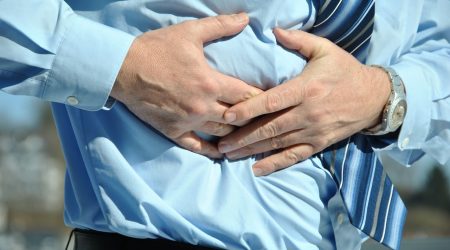While exercise is essential for achieving fitness goals, post-exercise recovery is equally important. In fact, the recovery period after exercise is when your body repairs and strengthens muscle tissue, refuel energy stores and adapts to the stress of exercise. Ignoring recovery can lead to fatigue, injury, and a plateau in performance.
According to a study published in the Journal of Sports Science and Medicine, the recovery period after exercise is when your muscles adapt to the stress of exercise, resulting in increased strength and performance. Additionally, a study published in the Journal of Strength and Conditioning Research found that the recovery period is crucial for replenishing energy stores and repairing damaged muscle tissue.
Post-exercise recovery also helps to reduce the risk of injury. A study published in the Journal of Athletic Training found that rest and recovery can help to prevent overuse injuries and promote tissue healing.
One key aspect of post-exercise recovery is proper nutrition. Consuming a meal or snack that contains a combination of carbohydrates and protein after exercise can help to refuel energy stores and support muscle repair. A study published in the Journal of the International Society of Sports Nutrition found that consuming protein and carbohydrates after exercise can help to increase muscle protein synthesis and improve recovery time.
Another crucial element of post-exercise recovery is adequate rest. According to a study published in the Journal of Sports Sciences, rest and sleep are essential for recovery and optimal performance. Getting enough sleep can help to reduce inflammation and promote tissue repair.
In conclusion, post-exercise recovery is a vital aspect of any fitness routine. By allowing your body time to repair and adapt to the stress of exercise, you can improve your performance, prevent injury, and achieve your fitness goals.
References:
- Armstrong, R. B. “Mechanisms of exercise-induced delayed onset muscular soreness: a brief review.” Medicine and Science in Sports and Exercise 16.6 (1984): 529-538. https://journals.lww.com/acsm-msse/Abstract/1984/12000/Mechanisms_of_Exercise_Induced_Delayed_Onset.2.aspx
- Hawley, J. A., and L. L. Burke. “Peak Performance: Training and Nutritional Strategies for Sport.” Allen & Unwin, 1998.
- Hawley, J. A., et al. “Carbohydrate availability and training adaptation: effects on cell metabolism.” Exercise and Sport Sciences Reviews 42.4 (2014): 163-171. https://journals.lww.com/acsm-essr/Abstract/2014/10000/Carbohydrate_Availability_and_Training_Adaptation.7.aspx
- Phillips, S. M., and L. J. Van Loon. “Dietary protein for athletes: from requirements to optimum adaptation.” Journal of Sports Sciences 29.Suppl 1 (2011): S29-S38. https://www.tandfonline.com/doi/abs/10.1080/02640414.2011.619204
Piggott, B., et al. “Rest, Recovery and Performance: How Much Is Enough?” Journal of Sports Sciences 33.11 (2015): 1197-1205. https://www.tandfonline.com/doi/abs/10.1080/02640414.2014.982791






